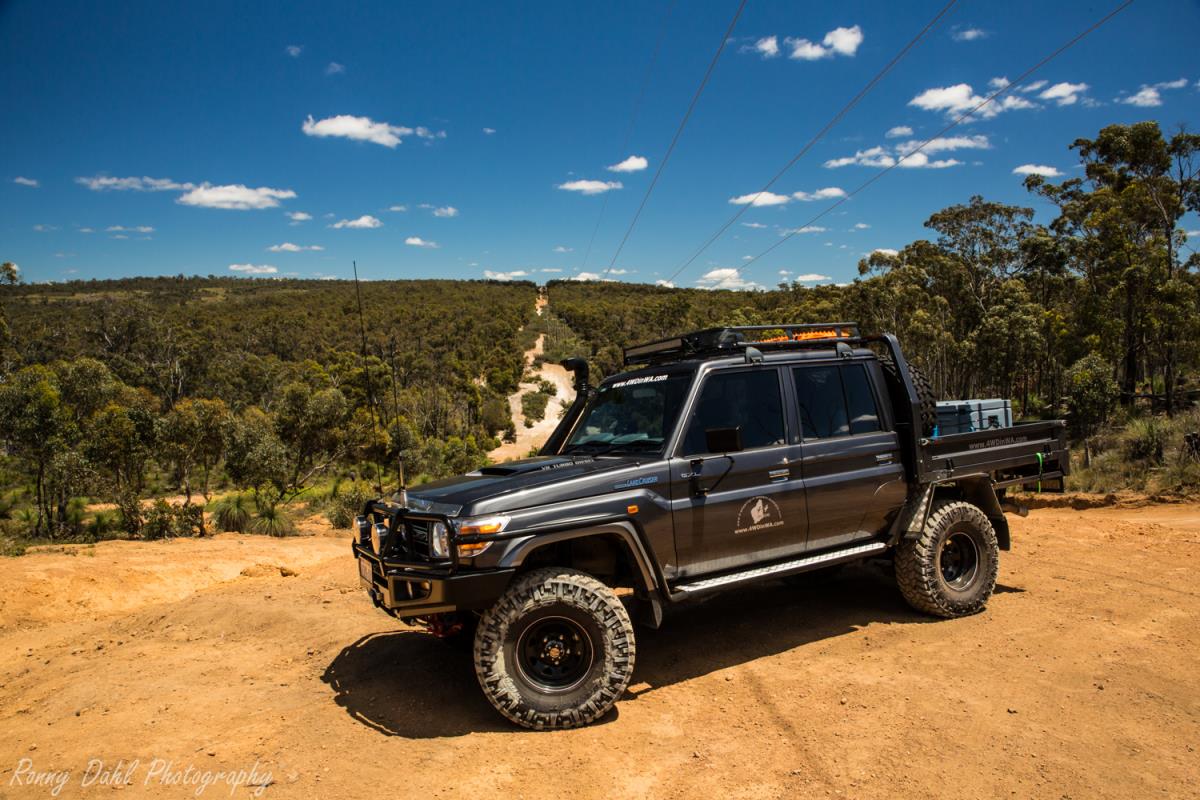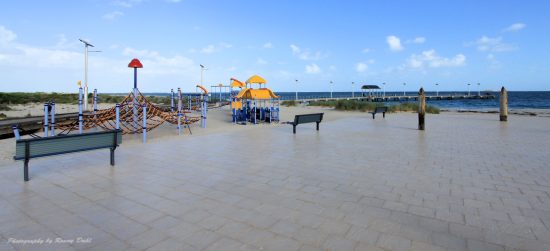
Petrol engines modifications.
Performance Chips:
Aftermarket
CPU chips are also available for petrol engines and can provide excellent
additional performance when combined with an exhaust system.
The chip basically bypasses the current CPU (stock computer chip) feeding the
engine with a different program altering the power output.
Exhaust Systems:
Extractors
and exhaust systems are usually the first mod focused on. These modifications
will increase torque, power and economy from between 5-20%. Exhaust pipes will
generally be bigger (2.5inch to 3inch) in diameter to increase the flow.
A straight through exhaust pipe would be the best however by law every road
vehicle must be fitted with a catalytic converter, these help prevent
pollution.
The down side of a catalytic converter is reduced fuel economy, to overcome this problem after market catalytic converters have been made, these will help the extractors and exhaust system archive more torque, power and economy.
Sprint Booster:
This is a particular brand name and basically does what it's called. This devise comes in a kit with an actual accelerator pedal that replaces the existing one.
From the pedal a bunch of wires plug into the vehicles CPU. So when accelerating the pedal itself sends signals to the vehicles CPU. It also cuts the delay so from the time you give it some right boot the engine receives the message instantly.
On this particular brand three are 3 settings, economy, standard and sprint.
This way you can always return it to stock settings if you need to.
Superchargers:
This would have to be the best way to gain power from a petrol engine. These are air or water cooled.
The benefit of a supercharger on petrol is the massive gain of low end torque which a turbo charger cannot provide. Petrol engines lack this low end torque when 4 wheeling off road.
Superchargers provide the extra kick thou out the entire time, no matter the rpm (within the rpm red line).
The up side is the power and more importantly the torque gained, as petrol engines have poor low end torque compared to its diesel cousin.
The down side however, is it will increase fuel consumption. Roughly 1-3 liters more per 100 km.
How Superchargers work:
A
Supercharger works similar to a turbo charger, however instead of using exhaust
fumes to drive the turbine it is belt driven by the engines crankshaft.
It compresses the air and forces it into the engine, more air (compressed air)
allows more petrol to be injected equalling more power.
An inter cooler in between the supercharger and the engine helps cool the air, as the charger will cause the engine to heat more than usual as the engine is running harder.
Turbochargers:
Turbo kits are usually not used on petrol 4x4’s as superchargers can provide better power, also a turbo only works for a brief rpm band, ideal for diesel engines but not petrol.
Turbochargers are also not available to most petrol engines unless custom made.
Recent Articles
-
Goodyear wrangler MTR
Jun 28, 24 10:27 PM
I have these on my defender 90 and my Dmax Ute. I get around 100,000 km out of them. I tried AT for one change and went back to the MTs. They are gol -
4x4 off road tracks 0 to 250 km from Perth
Nov 21, 23 07:40 PM
On this page we cover 4x4 off road tracks within a 250 km radius from Perth... -
4 Wheeling Around Jurien Bay.
Nov 21, 23 07:35 PM
Jurien Bay 4x4 tracks info and general information about the area...
- Home
- 4x4 Engine Modifications
- Petrol Engines
Leave Petrol Engines And Go To 4 wheeling In western Australia Home Page.
Go To 4x4 Engine Modification.





